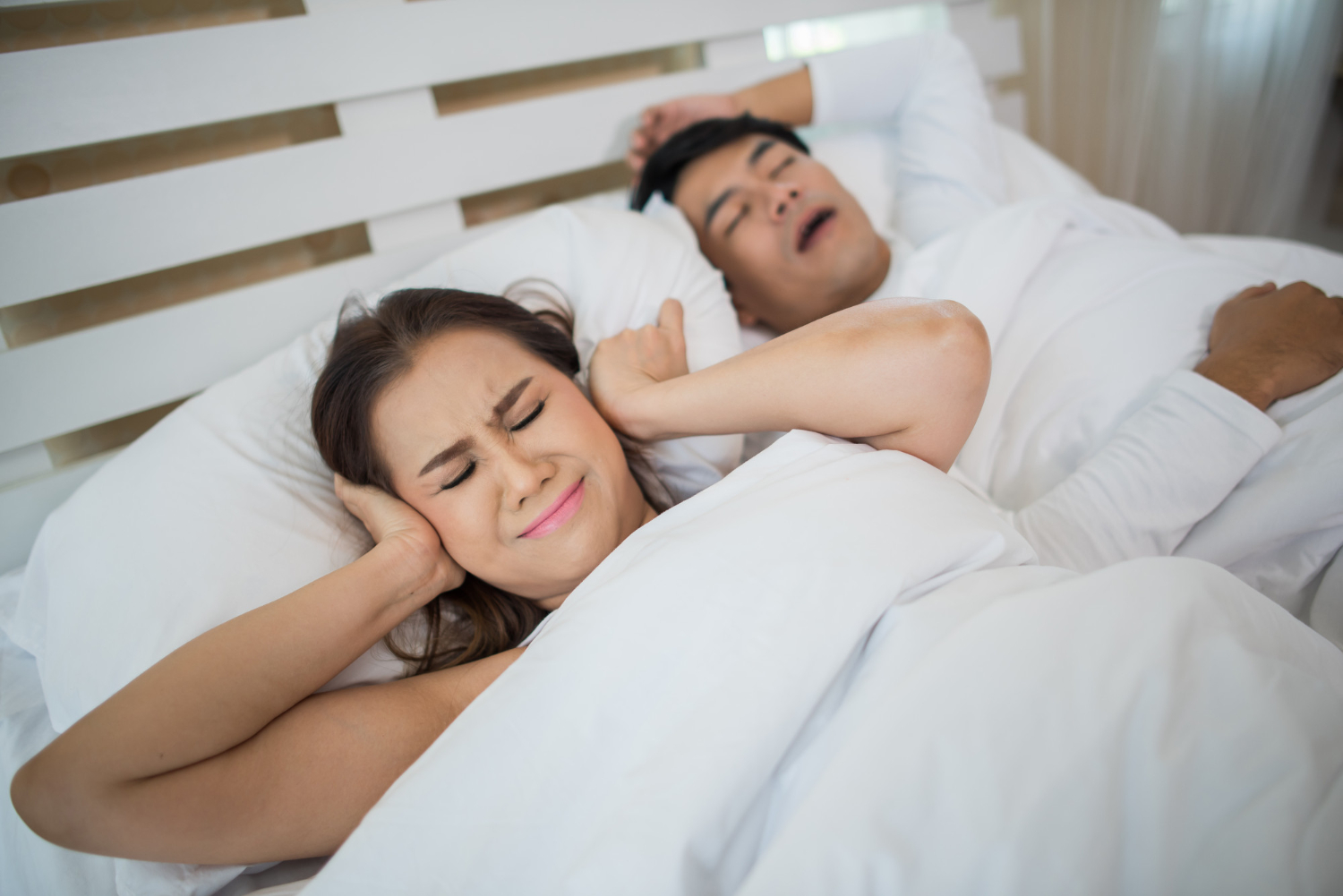
Sleep is necessary for the body and mind to recover, but it can be challenging for those who have sleep apnea to get a good night's sleep. A potentially dangerous sleep problem called sleep apnea causes breathing to stop and start repeatedly while you're asleep. Many people with this illness are not aware that they have it; they may mistakenly believe that they are just exhausted, anxious, or having trouble sleeping. Early detection of sleep apnea is essential, though, because if left untreated, it can result in serious health issues like diabetes, hypertension, and heart disease.
In order to help you determine when it's time to seek medical examination and treatment, this article examines the common and subtle signs of sleep apnea.
Understanding what sleep apnea is is crucial before recognizing its symptoms. Sleep apnea comes in three primary forms:
All three types interfere with regular sleep cycles and deprive the body of oxygen, which can have an impact on everyday functioning and general health.
Since many of the symptoms of sleep apnea happen while you're asleep, it frequently remains untreated. Nonetheless, there are symptoms that might be present throughout the day as well as at night.
One of the most obvious signs of sleep apnea is snoring, particularly if it is loud, persistent, and erratic. Even if snoring once in a while might not be a problem, snoring that is followed by pauses, gasps, or choking noises is frequently an indication of obstructive sleep apnea.
These are short breathing pauses followed by gasping or choking as the body attempts to recover airflow, which is frequently observed by a bed mate. Sleep cycles can be disturbed by these disruptions, which can happen dozens or even hundreds of times every night.
One of the symptoms of sleep apnea is abrupt awakening with a feeling of choking or gasping. This occurs as a result of the airway becoming momentarily closed, which lowers oxygen levels and causes your brain to momentarily wake you awake.
Fragmented sleep and nighttime tossing and turning are common symptoms of sleep apnea. Even if they don't remember waking up, they may still wake up feeling exhausted.
Because oxygen deprivation and fluctuating carbon dioxide levels during sleep cause sleep apnea, people with the condition frequently wake up with a dull headache.
People with sleep apnea frequently experience fatigue or drowsiness during the day, even when they get enough sleep. This is due to the fact that frequent nighttime awakenings keep the body from achieving the deep, rejuvenating phases of sleep.
Chronic sleep deprivation can affect cognitive abilities, resulting in decreased reaction times, difficulty focusing, and forgetfulness. These symptoms raise the chance of accidents and can impair performance at work or school.
Anxiety, melancholy, and irritability can all result from little sleep. When the brain isn't given the rest it needs to control mood, emotional instability might get worse over time.
Dryness, discomfort, or a painful throat in the morning can result from obstructive sleep apnea, which is characterized by breathing through the mouth while you sleep.
Less well-known but common symptoms include frequent night sweats or nocturia, or waking up several times to urinate. Both can be brought on by the body's stress reaction to breathing disruptions.
Although sleep apnea can affect anyone, the following reasons make it more likely to occur:
Knowing these risk factors can assist people in determining if their symptoms call for a medical examination.
Sleep apnea is a systemic health issue that goes beyond sleep disturbances. If treatment is not received, it may cause:
These issues can be avoided and general health can be enhanced with early detection and treatment.
You should get evaluated by a doctor if you think you or someone you care about may have sleep apnea. The diagnosis typically entails:
These tests aid in assessing the condition's severity and directing the proper course of treatment.
The good news is that, once identified, sleep apnea is very curable. The severity and underlying cause determine the available treatment options:
The best treatment for moderate to severe OSA, CPAP keeps airways open by using a machine that continuously pumps air through a mask.
To keep the airway open as you sleep, specially made dental appliances move the jaw and tongue.
To remove tissue, realign the jaw, or address structural defects, surgery may be advised in some situations.
Some people find that their symptoms are lessened by teaching their bodies to sleep in positions other than supine, such as on their backs.
You ought to get medical help if you encounter:
Your sleep and long-term health are protected when sleep apnea is detected early since it can be treated more successfully.
There is more to treating sleep apnea than only taking medicine or a gadget. It's about changing to a better way of living that encourages proper sleep hygiene. A balanced diet, regular exercise, and adherence to a regular sleep schedule can all have a big impact. The majority of people can get back to sleep and enhance their general quality of life with the correct strategy and medical advice.
The first line of defense for your health is to recognize the signs of sleep apnea. A dangerous illness that affects your heart, brain, and metabolic health could be the cause of what appears to be harmless snoring or occasional fatigue. You may avoid difficulties and get the restorative sleep your body needs by being aware of these warning signals and getting professional help as soon as possible.
Related: How to Prevent Sinus Infections Naturally
We at Dr L H Hiranandani Hospital are aware of the critical link between good sleep and general wellness. Advanced diagnostic examinations and individualized treatment programs for sleep apnea are provided by our interdisciplinary team of ENT doctors, pulmonologists, and sleep medicine experts. We help patients overcome sleep disorders, boost oxygen levels, and restore good sleep patterns with our state-of-the-art sleep laboratories and all-encompassing care, so you wake up every morning feeling rejuvenated and invigorated.